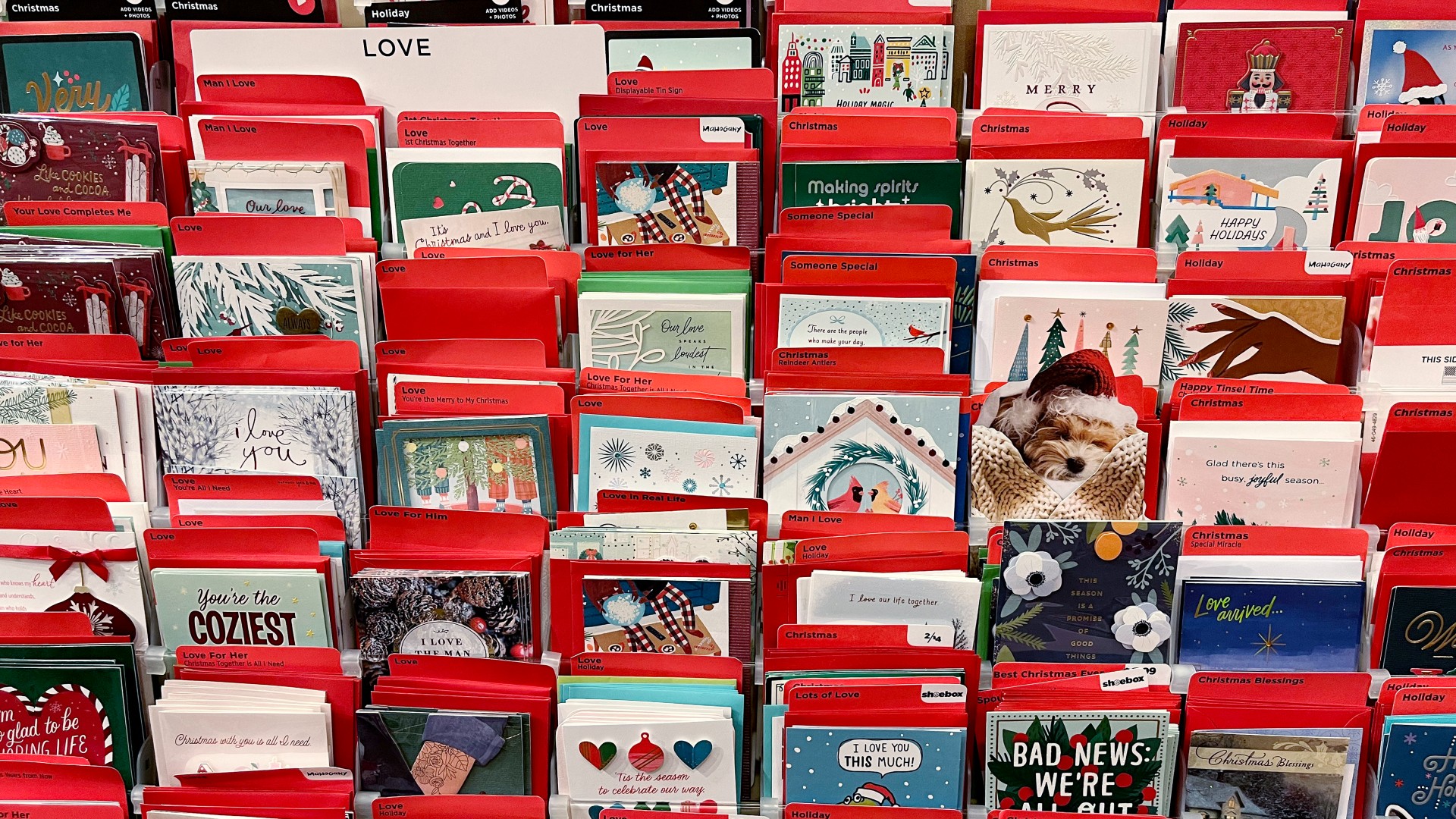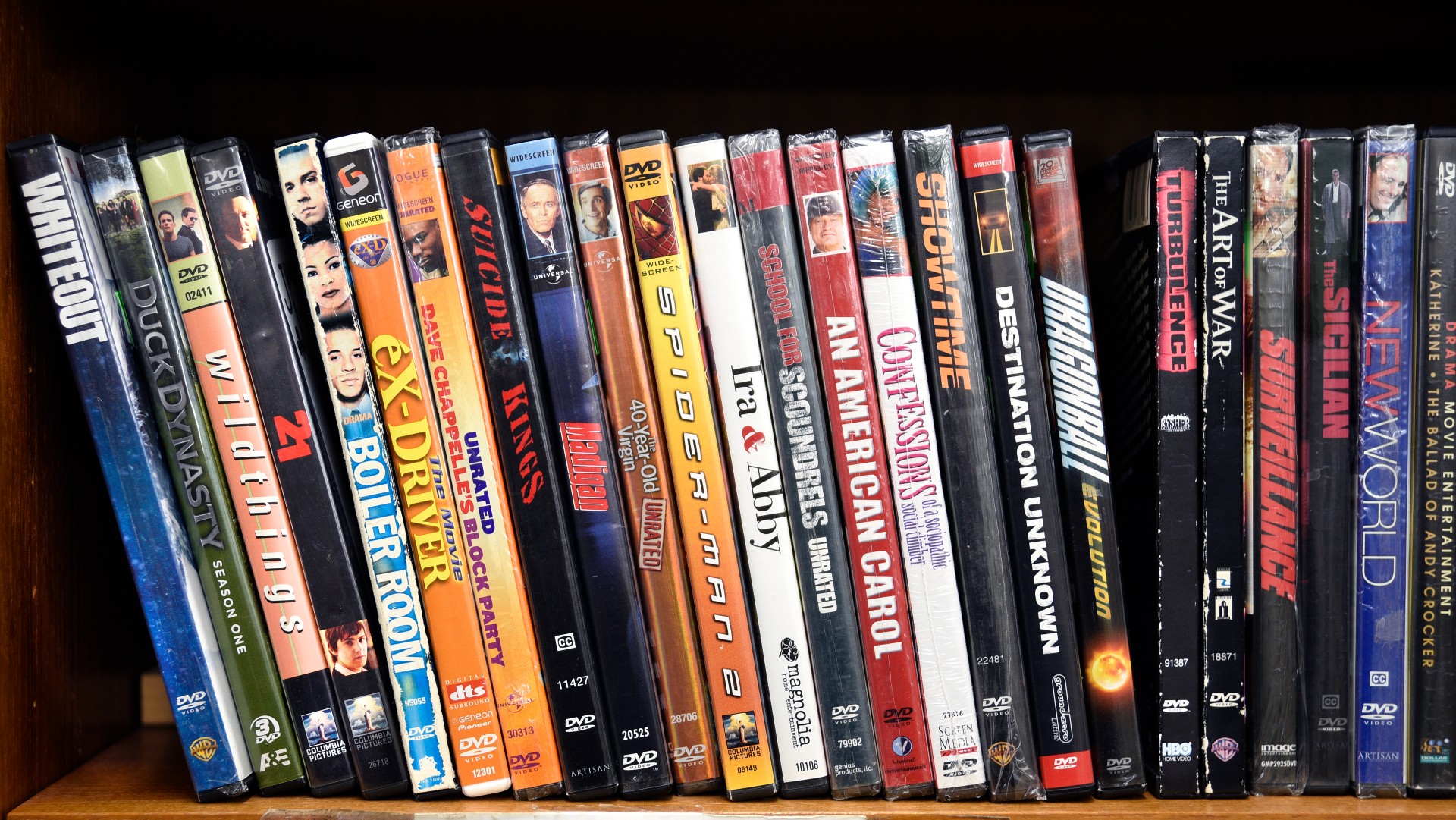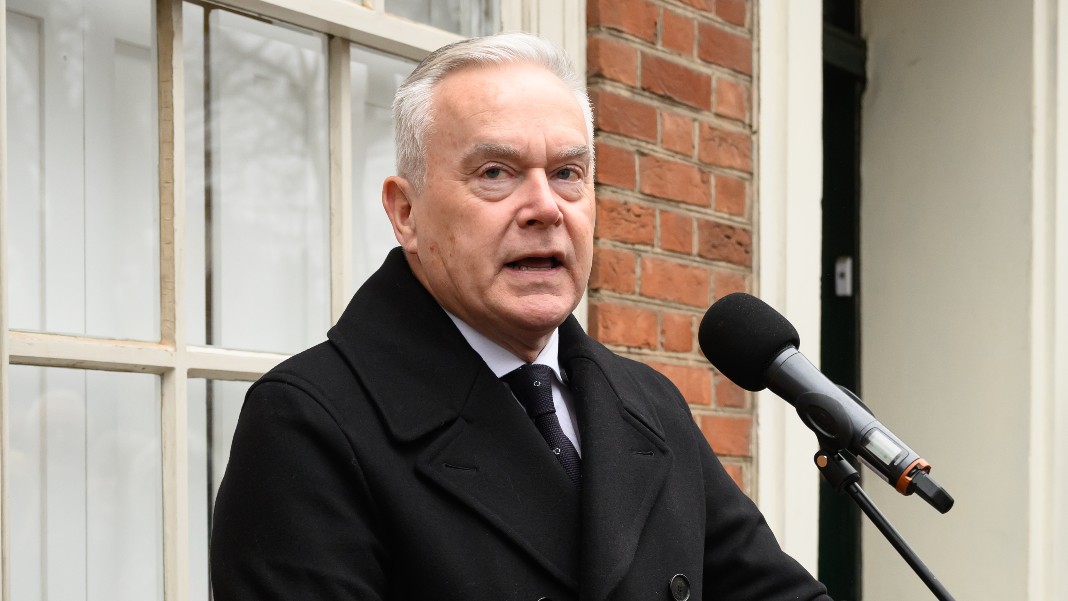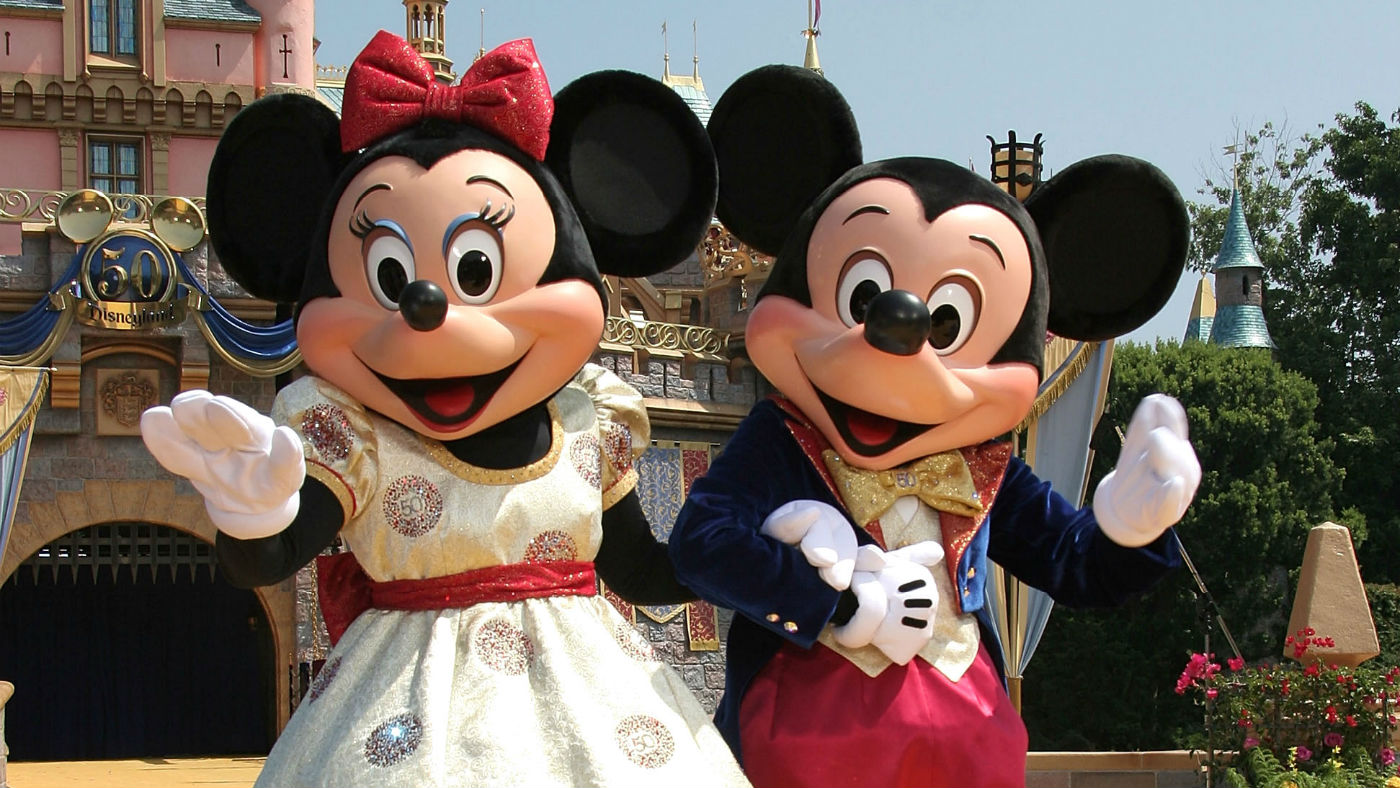The Christmas round robin: return of the much-mocked missive?
Young people looking to 'precious tradition' that 'predates social media and exceeds it'

A free daily email with the biggest news stories of the day – and the best features from TheWeek.com
You are now subscribed
Your newsletter sign-up was successful
Simultaneously quaint and cringe-worthy, the much-mocked Christmas round robin is making a surprise comeback, with more millennials sending festive cards than a generation ago.
"Those double-sided sheets of A4 first fluttered out of Christmas cards some time in the mid 1980s," said Martha Gill in The Guardian, "around the point that the home computer began conquering the world". From then on, "boasting, once costly and laborious, could suddenly be mass produced".
Since then they may have developed the "worst reputation" as narratives of family news "mocked for being both boring and boastful", admitted Henry Mance in the Financial Times. But there is still "a precious tradition here, which predates social media and exceeds it".
The Week
Escape your echo chamber. Get the facts behind the news, plus analysis from multiple perspectives.

Sign up for The Week's Free Newsletters
From our morning news briefing to a weekly Good News Newsletter, get the best of The Week delivered directly to your inbox.
From our morning news briefing to a weekly Good News Newsletter, get the best of The Week delivered directly to your inbox.
'Allow relationships to survive modern life'
On the surface, sending physical Christmas cards at all may seem at odds with the modern digital age we live in. A recent poll of Brits cited in the South Wales Argus named the practice among "the top 10 traditions in danger of dying out alongside putting pennies in a Christmas pudding and carol singing".
Christmas cards may be more associated "with mums" and "with older people", admitted Eleanor Peake on the i news site, "but this stereotype is changing".
Research from the Greeting Card Association (GCA) found that 18- to 34-year-olds were sending more cards than a generation ago. In total, Royal Mail estimates it delivers 150 million cards during the Christmas period, with each person on average sending and receiving 17.
The peculiar appeal of round robin letters is precisely that they "allow relationships to survive the distances and distractions of modern life", said Mance.
A free daily email with the biggest news stories of the day – and the best features from TheWeek.com
"They are the friendship equivalent of a mid-ranking CIA official visiting Beijing for talks: they can pave the way for a proper meeting. Yes, they can be mundane – but that's because our lives are mundane. Most of our successes and failures fade when placed in cold black-and-white."
'Predicting our present era'
The reasons for the round robin's demise are "fairly obvious", said Tom Nicholson also in The Guardian. "If I want to know what your kids are up to and where you went on holiday, Instagram will tell me. If I want your take on the state of the nation, I'll check which James O'Brien clips you've retweeted. If I ever want to know how your career's going, I'll snoop on your LinkedIn."
Yet they also "predicted our present era", said Gill. "For what was once confined to a single letter at Christmas now permeates society at large. Untrammelled boasting, until recently so gauche, has in the span of a decade or so become perfectly acceptable, at least on social media."
Mance suspects that "part of the hostility to round robins is that they seem forced, and we want our relationships to feel spontaneous". But "modern life makes all this implausible" and he is "prepared to bet that the average round robin has fewer humblebrags than the average Instagram account".
Perhaps this is why this much-maligned Christmas tradition is making a surprise comeback.
-
 Political cartoons for February 20
Political cartoons for February 20Cartoons Friday’s political cartoons include just the ice, winter games, and more
-
 Sepsis ‘breakthrough’: the world’s first targeted treatment?
Sepsis ‘breakthrough’: the world’s first targeted treatment?The Explainer New drug could reverse effects of sepsis, rather than trying to treat infection with antibiotics
-
 James Van Der Beek obituary: fresh-faced Dawson’s Creek star
James Van Der Beek obituary: fresh-faced Dawson’s Creek starIn The Spotlight Van Der Beek fronted one of the most successful teen dramas of the 90s – but his Dawson fame proved a double-edged sword
-
 FKA Twigs and Jeremy Allen White – the tale of two Calvin Klein ads
FKA Twigs and Jeremy Allen White – the tale of two Calvin Klein adsTalking Point Her advert was banned by the advertising watchdog while his caused a 'breathless response' after going viral
-
 Nasty noughties: a cultural reckoning?
Nasty noughties: a cultural reckoning?Talking Point Has popular culture evolved since the 'cruelty' of the early 2000s?
-
 The death of DVDs and the decline of ownership in digital age
The death of DVDs and the decline of ownership in digital ageTalking Point Physical media sales are still in freefall even as a backlash against streaming grows
-
 Huw Edwards and the question of ‘public interest’
Huw Edwards and the question of ‘public interest’Talking Point Privacy law ‘mess’ needs to be cleared up, not by judges, but by Parliament
-
 Concert etiquette: why are people behaving badly?
Concert etiquette: why are people behaving badly?Talking Point Experts believe incidents at live events are becoming worse in the era of social media
-
 Nick Cohen, Phillip Schofield and British media’s own #MeToo reckoning
Nick Cohen, Phillip Schofield and British media’s own #MeToo reckoningTalking Point Allegations surrounding former Observer columnist and ITV broadcaster have led to questions about the industry’s processes
-
 Should young teenagers be allowed in the metaverse?
Should young teenagers be allowed in the metaverse?Talking Point Children’s rights advocates urge Facebook parent company to block teens over safety concerns
-
 Toy Story 5, Frozen 3: has Disney run out of ideas?
Toy Story 5, Frozen 3: has Disney run out of ideas?Talking Point The House of Mouse has announced a slew of new sequels